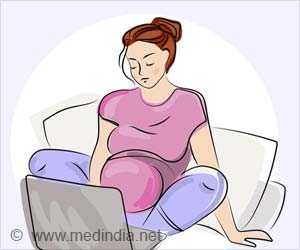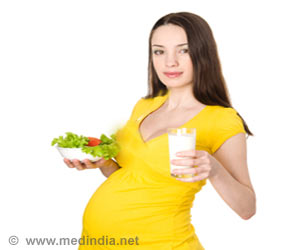Menstrual cycle isn’t always like clockwork. While some women get their periods right on schedule every 28 days, other women’s cycles aren’t so predictable.

TOP INSIGHT
Exercising too much can throw off the timing of menstrual bleeding and sometimes stop it. It’s common for endurance athletes to have missed periods.
Excessive exercise: Working out is good but if you exercise too much, or do it aggressively then your hormones will be disrupted in a similar way when you're stressed. Working out excessively without taking in enough calories can cause disruptions. If you are an avid gym-goer or athlete and you have very little body fat, there is a good chance you will begin to skip periods and have anovular cycles too.
Excess or less body weight: We know that not every fat is good, but some fat is essential. If your body weight sinks too low, you may stop ovulating. Being too thin also prevents pregnancy. In the same way excess weight can leads to obesity thereby increasing your chances of having diagnosed with infertility. Keep a watch on your weight; too much or too less body weight disrupts your cycle.
You may have PCOS: Polycystic Ovary Syndrome (PCOS) is very common today especially at young age due to lifestyle habits. It's an endocrine disorder that has many symptoms, such as lack of or irregular periods, 'cysts' on the ovaries, fertility issues and weight gain. It can also cause excess body hair, acne, thinning hair and depression. Not everyone shows all these signs, however - it affects women in different ways. If untreated, then it can sometimes lead to more serious conditions such as Type-2 diabetes and heart problems; so don't ignore it!
You could be going through Pre-mature menopause: The menopause is something that we associate with older women, but premature ovarian failure (POF) can happen to younger women, too. The exact cause of POF remains undetermined but changing food habits, work cultures with increased pressure and high stress jobs are some of the reasons of your sudden menopause.
 MEDINDIA
MEDINDIA




 Email
Email







